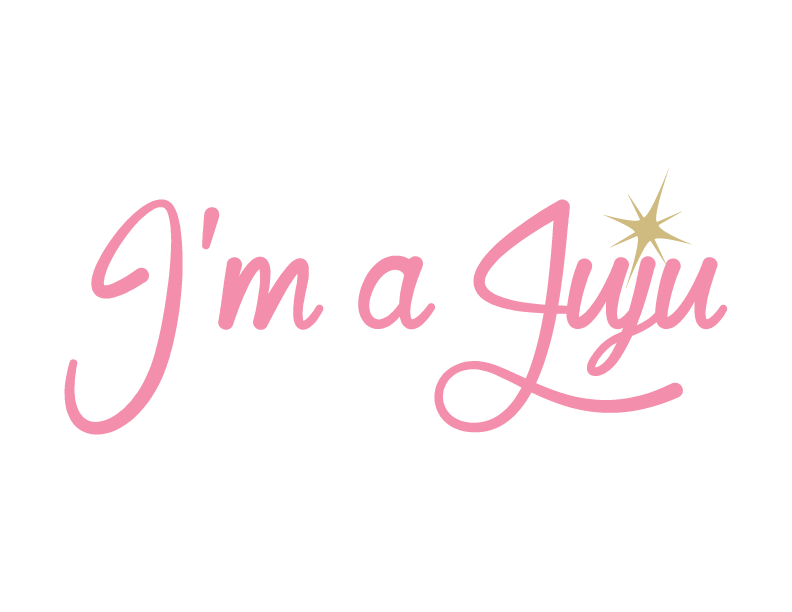Powerful Princesses

Playing princess is probably as old as human history itself, and with princess culture still very alive for girls today, a new look at girly ways is taking shape in modern culture.
The question is, can girls carry on the princess ballerina tradition, and be just as great as boys at math, soccer and entrepreneurship?
Of course, the answer is yes. Part of growing up girly still involves tutus, dresses and sparkles. Integrating the playful side of being feminine is a creative outlet for our little ones. While being taken seriously in other modes, it may be one of the paths to a well-rounded and powerful woman. With today’s marketing and social outreach, there is no getting away from Disney princess images and products. Girls love it. Boys love it. So why not use this platform to help girls (and boys) grow up well socialized?
What can we tell kids today about princesses (and princes) in the 21st century? We can first tell them it’s not about boys being better than girls, or vice versa. It’s about self-respect, self-worth, and respecting or knowing the worth of each other. We’re talking about a 21st century royal attitude. Luckily, the newest princess stories are encouraging boys towards better balance, helpfulness, and co-operation. They are hugely popular with both boys and girls. This article, covering the ways Disney princess animation affects girl and boy behavior, tells much more about how different movies characters’ present various gender stereotypes or how some break through the stereotypes.
There are many stereotypes that can be addressed in future films, like assertive girls being labeled as bossy. The truth is, assertive girls can be playful leaders if they so choose. Tutus and all. Tutus are for playtime, of course, but playing out these roles with a little direction at an early age can transition to girls being the boss, instead of being bossy. Young leadership roles for girls, and having boys realize early a girl can be capable and manage a group, helps them both be receptive to greater future fairness in leadership. Equality doesn’t mean exactly alike, it means co-leading, or making room for the best leader to choose for a certain role, task, or project. The more often girls are validated in these roles, the more boys will appreciate a female taking the lead for a while. It’s not about out doing each other, it’s about a princess’s individual strength! We need princes who love strong princesses.
There’s a funny thing about prince and princess culture. We forget that a princess can grow up to be a queen, right?
